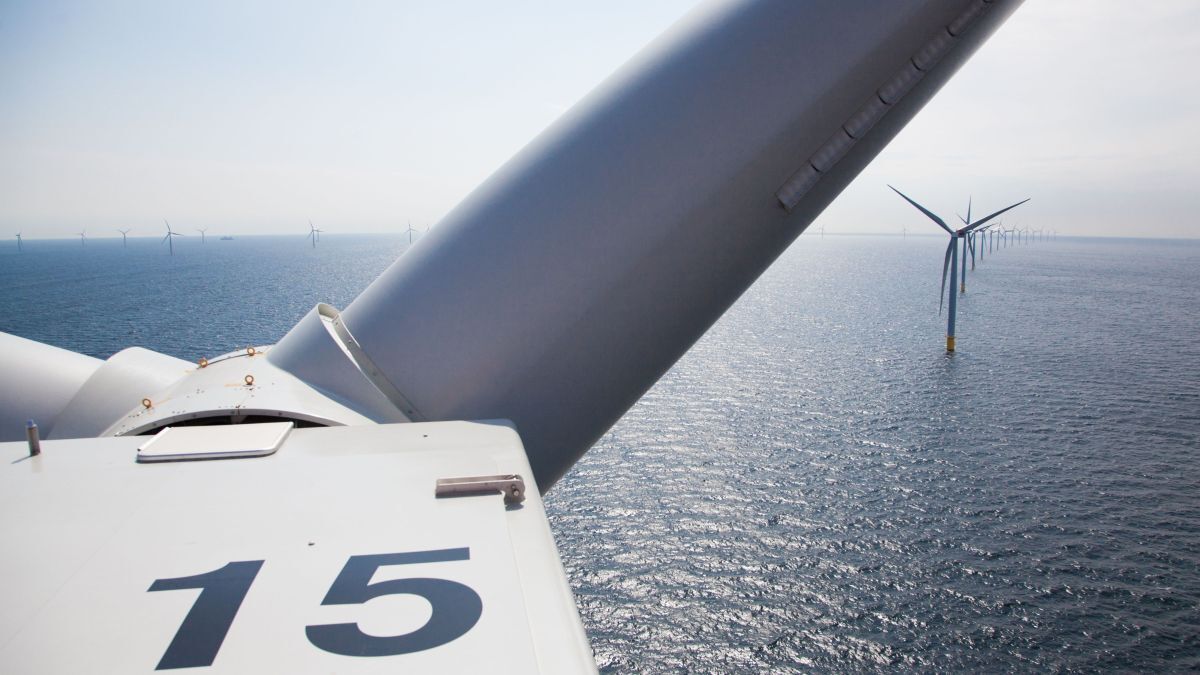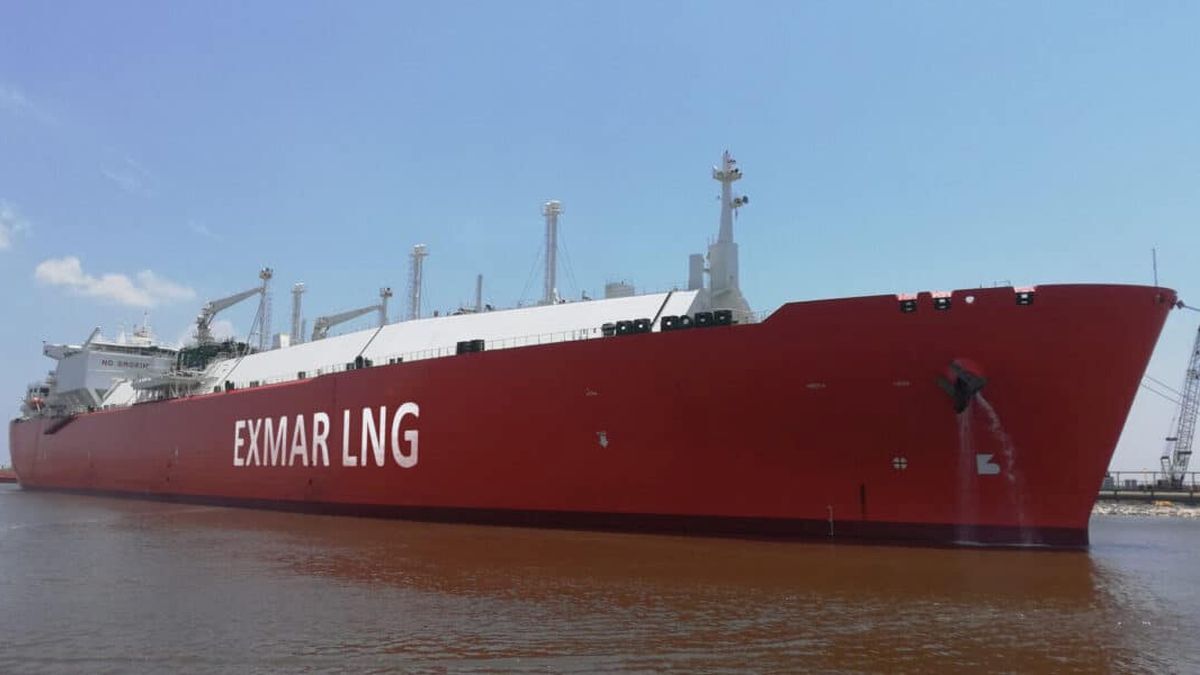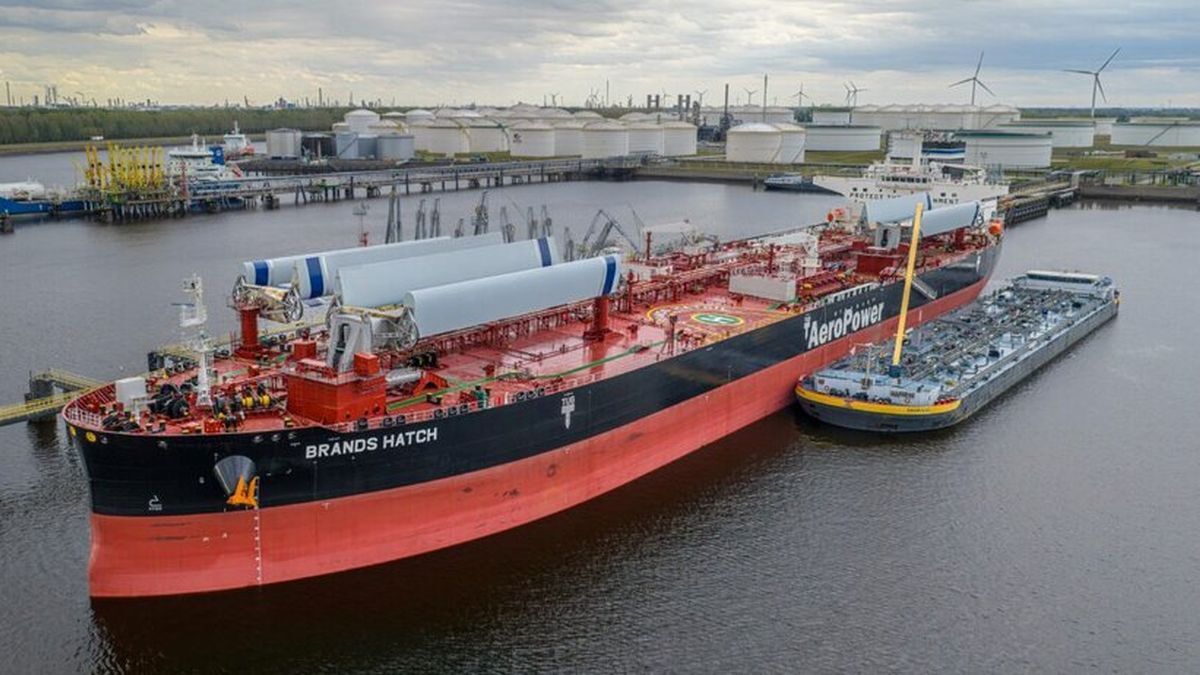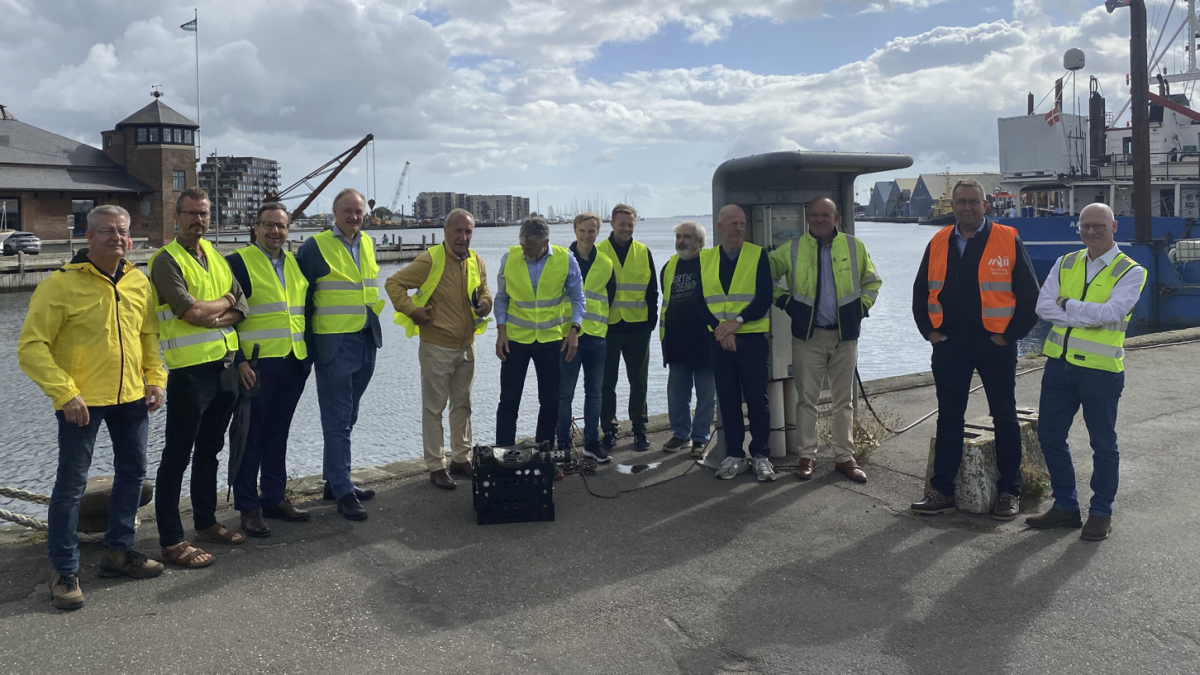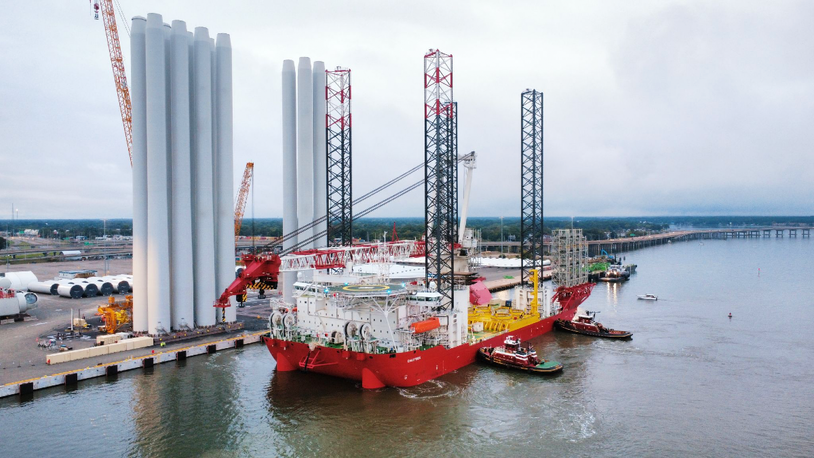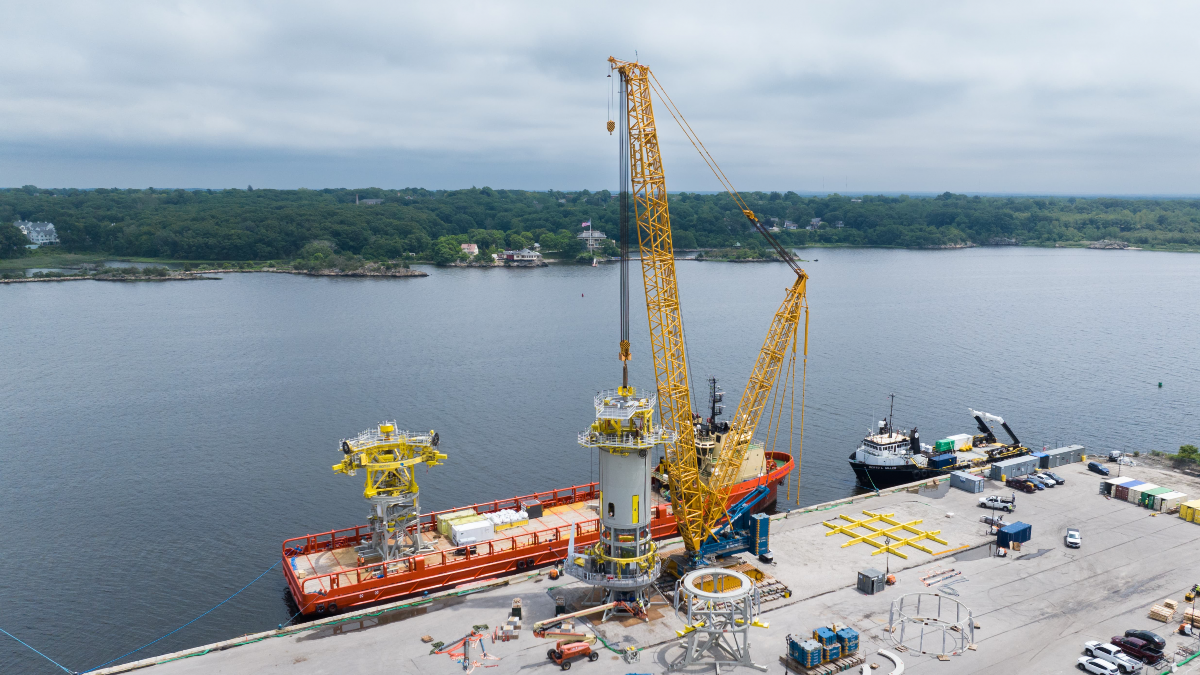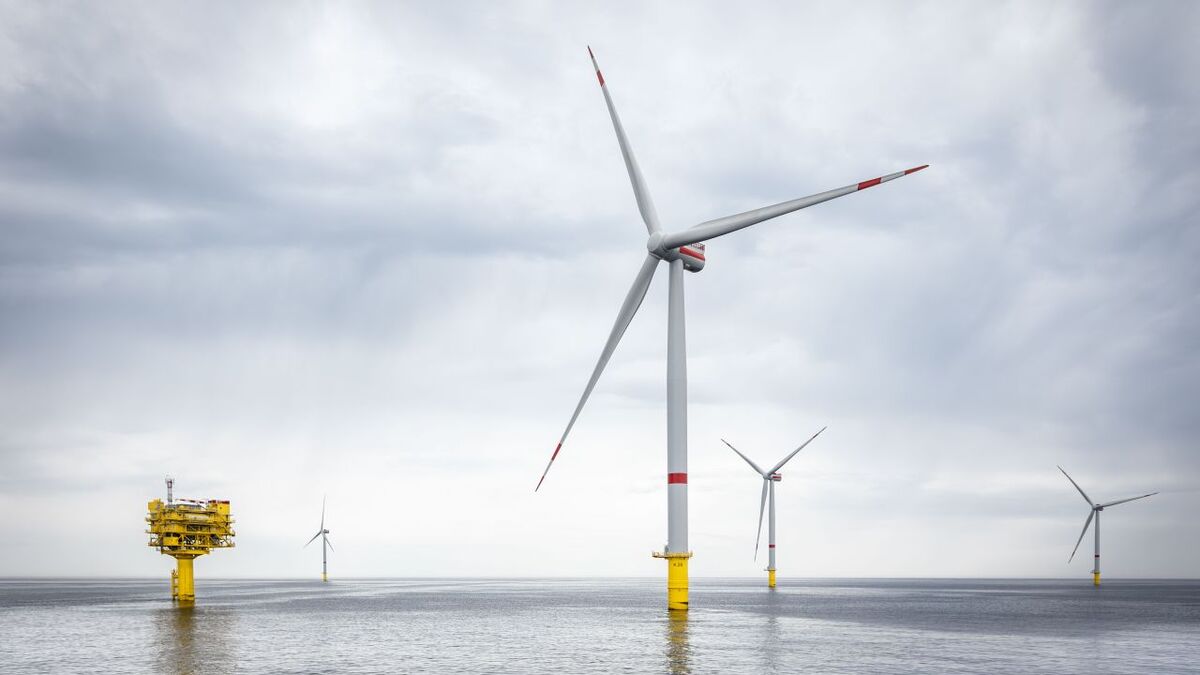Business Sectors
Events
Offshore Wind Webinar Week
Contents
Plans submitted for 3 GW of offshore wind in Bulgaria, but legislation lagging behind
Developer races ahead, but report says country urgently needs a law governing development of offshore renewables
A newly formed developer, Hooracán Energy, has unveiled plans for up to 3 GW of offshore wind capacity in the Bulgarian sector of the Black Sea, even as the country awaits legislation to encourage the development of offshore renewable energy in its waters.
In September 2022, Hooracán Energy said it had submitted proposals to the Government of Bulgaria for what would be the first offshore windfarms in the Black Sea.
“Our plan is to initiate development, subject to regulatory approvals, across three projects totalling 3 GW,” says the company.
Hooracán Energy chief executive Alex Gospodinov founded the company earlier in 2022. He has experience in renewable energy development at Macquarie Capital and BP.
“The energy transition in the Balkans and eastern Europe is accelerating,” he says. “We are excited at the prospect of helping Bulgaria diversify its energy system with clean and affordable offshore wind.
“Thermal power generation represents approximately 40% of the energy mix in Bulgaria and in Romania. Phasing this out will require ~30 GW of new renewable energy.”
Mr Gospodinov says developing renewables onshore in the region is potentially problematic because of a "multi-layered permitting process," an extensive network of Natura 2000 protected areas, and the importance of the agricultural sector in the region.
In contrast, he believes, the Black Sea provides an opportunity to explore an abundant offshore wind resource. Mr Gospodinov says the company has also submitted proposals for offshore wind in Romania.
With a technical potential of 116 GW of offshore wind, renewable energy in its waters can help Bulgaria and other east European countries reduce dependence on fossil fuels and enhance energy security. However, as an August 2022 report from the Centre for the Study of Democracy, a European public policy institute dedicated to the values of democracy and market economy notes, Bulgaria is the only littoral EU member state yet to begin developing offshore renewables.
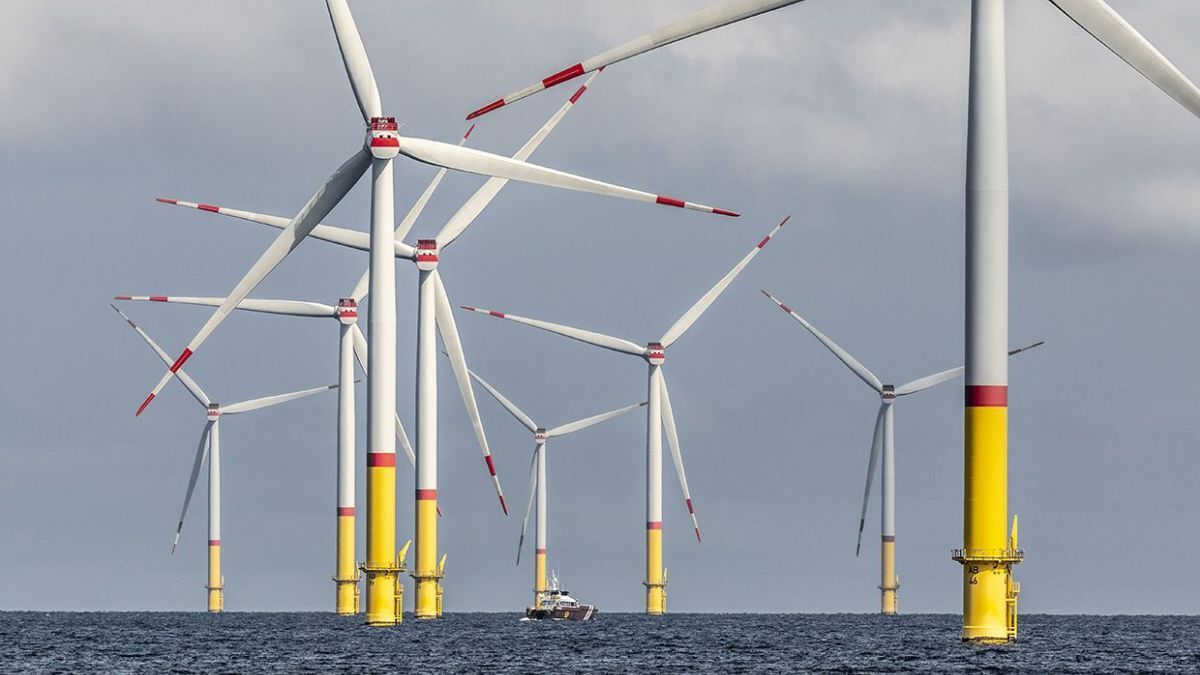
The Centre’s policy brief, Towards a new regulatory framework for offshore wind energy development in Bulgaria, highlights the need for a regulatory framework for the roll-out of offshore wind, based on the experience of mature markets elsewhere in Europe.
“The adoption of a special law, a Bulgarian Offshore Renewable Energy Act, would be the optimal approach,” say the authors of the report. “The law would co-ordinate the competencies of the authorities that govern the different phases of offshore wind project implementation – including planning, construction, operation and decommissioning – would open up the market and would attract experienced companies from mature markets in Europe. It would also guarantee the Bulgarian Government will be positioned to develop areas with the best wind energy potential in the Bulgarian sector of the Black Sea, at the lowest cost for society and in the most sustainable manner.
“As a first step,” say the authors of the report, “the Bulgarian Government should make sure offshore wind is part of the country’s long-term energy policy vision.
“Bulgaria should set clear targets for offshore wind energy in the revised version of its National Energy and Climate Plan. This would send a clear signal to potential investors in the sector and prevent project development bottlenecks linked to the lack of coherence in the country’s energy policy.
“The inclusion of minimum deployment levels would also be a crucial element of the proposed Offshore Renewable Energy Act,” the policy brief states. “The law should plan auctions that would provide for a minimum of 1 GW of capacity by 2027 and another 2 GW by 2030.”
The report notes these figures correspond to the decarbonisation needs of the Bulgarian energy system by the end of the decade, while ensuring a basic level of market scale and steady growth.
Currently, competence over the various aspects of maritime planning and offshore wind development, implementation and monitoring is scattered among four Bulgarian ministries: the Ministry of Energy, Ministry of Regional Development and Public Works, Ministry of Transport and the Ministry of Environment and Water, as well as between several executive agencies. This situation needs to change, the policy brief states, and the offshore renewables legislation should enable the creation of an interdisciplinary, cross-institutional state authority that would serve as a ‘one-stop-shop’ for investors. Established as a permanent advisory body of the Council of Ministers, it would co-ordinate the process of planning, construction and operation of offshore windfarms.
Other measures recommended in the report include the use of competitive auctions to ensure the development of offshore wind projects at the lowest possible cost per unit of electricity and the use of the successful Contract for Difference model pioneered in the UK market and widely used elsewhere, which would stabilise revenues at a pre-agreed level for the duration of a contract.
“The development of the sector also depends on the timely expansion of onshore grid capacity and the construction of offshore grid infrastructure… with fair cost allocation between the network operator and the developer of the windfarm,” the policy brief states.
“In the context of the conflict in Ukraine and the growing risk to Europe’s energy and climate security, offshore renewables can strengthen energy independence and the resilience of energy systems,” the report concludes.
“Bulgaria needs to act now and harness at least 26 GW of its technical potential for offshore wind, using mature, bottom-fixed technology.
“The offshore energy industry could make a significant contribution to the economies of coastal communities, creating highly skilled jobs, forming new technology clusters, and developing local supply chains.
“There is an urgent need for a national strategy to recognise the potential of Bulgarian waters to the energy sector and the energy transition.
“A new regulatory framework is necessary to unlock the potential for investment in offshore wind projects in the Black Sea. This would include the adoption of administrative and regulatory changes to attract long-term investment in this sector.
“The EU’s offshore renewables strategy recognises the untapped potential of the Black Sea. It also offers a timely opportunity to finance the emergence of an offshore wind industry in Bulgaria through the financial mechanisms of the European Green Deal.”
Riviera Maritime Media has a comprehensive conference programme for the rest of 2022 and will provide free technical and operational webinars in 2023. Sign up to attend on our events page
Related to this Story
Events
Offshore Wind Webinar Week
Maritime Decarbonisation, Europe: Conference, Awards & Exhibition 2025
Offshore Support Journal Conference, Americas 2025
© 2024 Riviera Maritime Media Ltd.


